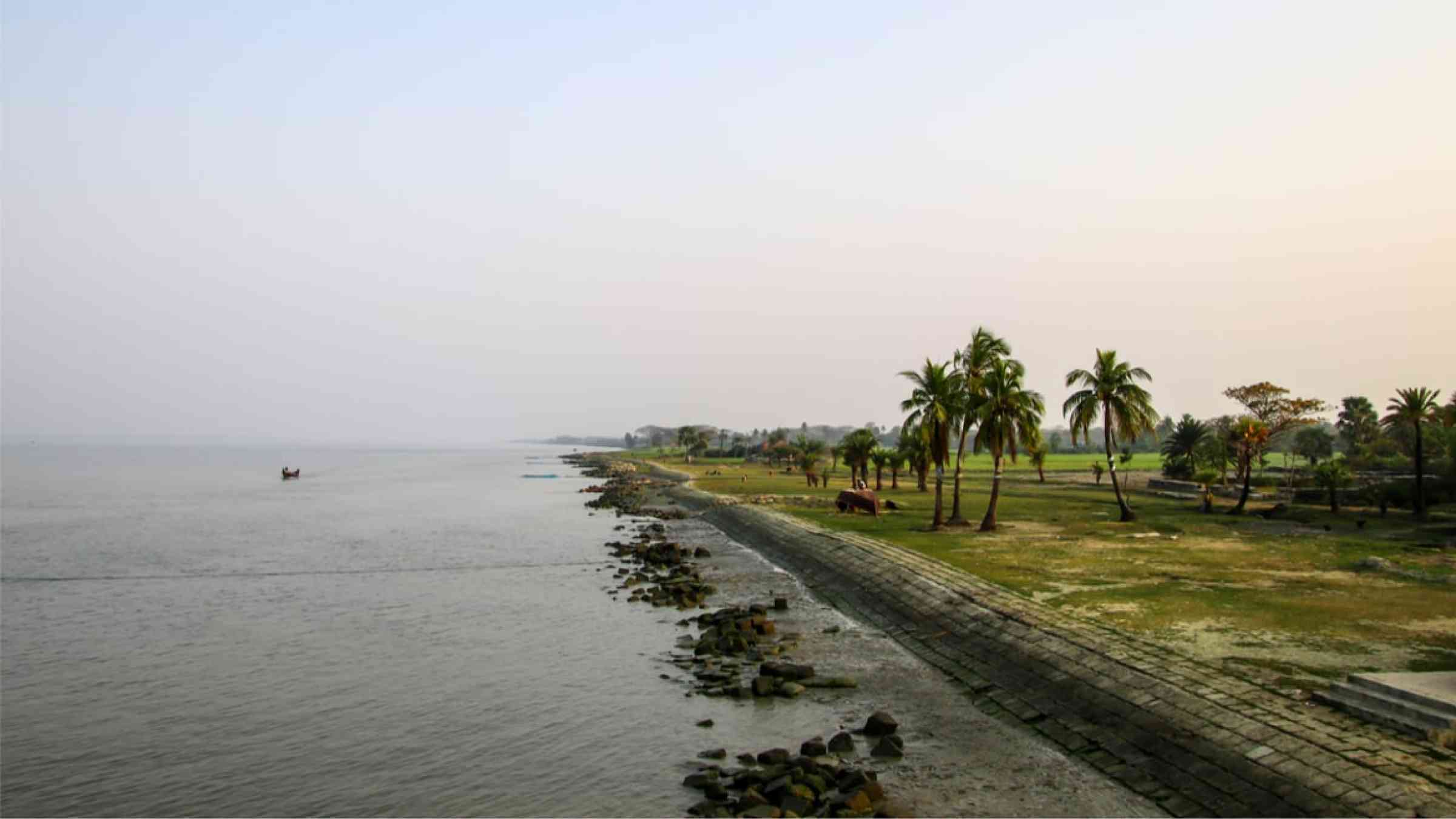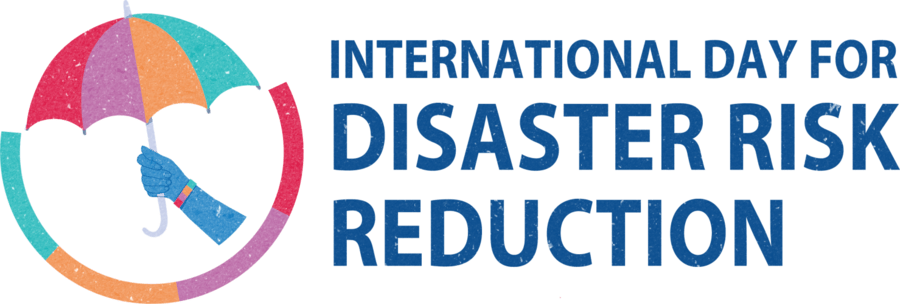Climate Resilience Challenge 2022: Call for solutions toward coastal resilience

As the planet warms, rising sea levels will further aggravate the risks to human and natural systems in these areas. The recently released IPCC AR6 report warns that sea levels may increase to almost a meter toward the end of this century. In the same period, a 2018 PAGASA report estimates that more than 17 million Filipinos will be threatened by rising sea levels.
The Climate Resilience Challenge is a competition for innovative, interdisciplinary, and solution-oriented ideas to build and enhance resilience in the country.
For 2022, ideas must focus on transformative national, provincial, or local strategies that Private, Public, and Civil Society Organizations (CSO) Sector Actors can take on to address the challenges in achieving coastal and marine resilience.
Priority Areas
This year’s challenge is a call for solutions focusing on climate change adaptation strategies for Philippine coastal communities, particularly on the following priority areas:
- Climate resilient livelihoods of vulnerable communities
As climate change impacts cut across sectors, livelihoods are highly at risk. Sustainable livelihood programs and initiatives are critical to the impacts of climate change and variability, and reduce vulnerabilities. We are looking for solutions that will:
- Develop innovative and all-inclusive strategies and business models that ensure livelihoods are available, accessible, secured, and sustained so that vulnerable coastal populations can maintain a steady income and meet basic needs, both in the short- and long-term;
- Build capacities and capabilities to empower the vulnerable coastal sectors to adapt to the impacts of climate variabilities and change, and;
- Develop new forms of livelihoods or business models that enhance coastal community resilience against threats and emergencies.
- Climate resilient coastal and marine ecosystems
Marine and coastal ecosystems are especially vulnerable to the impacts of climate change. These significant ecosystems are among the most precious and productive systems in the world. The disruption of their ecological sustainability affects populations who are dependent on its services and provisions. This year’s challenge is looking for solutions that will:
- Design and/or implement innovative protection measures, policies, or strategies for vulnerable coastal and marine habitats;
- Develop innovative ways that enable local communities, civil society, private and/or public sector to conserve and increase the resilience of natural ecosystems, and;
- Enhance local understanding of climate risks (i.e., on coral loss, and loss of biodiversity), and how to prepare for these risks.
- Reducing Vulnerability Against Sea Level Rise
As sea levels rise due to climate change, an increasing number of individuals are constantly exposed to intensifying storm surges and flooding, which result in disruption of human activities, forced migration, and loss of livelihoods, among others. While coastal communities with the least resources are most vulnerable to sea level rise impacts, these impacts also affect other sectors including agriculture and industries.
This year’s challenge is looking for solutions that will reduce the vulnerability and manage the short- and long-term risks of urban and/or rural communities affected by sea level rise, storm surges and other related coastal hazards, such as but not limited to:
- Implementing hard coastal management techniques (e.g. reduction of local erosion, limiting coastal flooding, coastal barrages, rock armours, revetment, cliff fixing, etc.);
- Using soft coastal management techniques (e.g. increasing adaptive capacities with coastal communities and/or local governments, beach nourishment, or ecosystem-based adaptations, managed retreat, streamlining coastal zoning and adaptation plans, urban drainage systems, etc.), and;
- Designing innovative, inclusive, and effective information dissemination systems (e.g., early warning communication system).
Additional Preference
Preference shall be given to proposals that demonstrate an inclusive design and framework. Proposals that demonstrate inclusivity not only document or analyze differentiated roles, experiences and/or impacts on marginalized populations (e.g., Indigenous Peoples, Gender, Age, Income, etc.), but also implement appropriate interventions to address their concerns.
Additional points will also be given to proposals that promote nature-based solutions which involve conservation, protection, and restoration of various ecosystems (e.g. harness the power of nature to contribute to adaptation and mitigation)..
Prize
The most impactful solutions (up to three) will be awarded Php 150,000.00 each. Other finalists (up to three) will receive Php 50,000.00 each.
Public Presentation
The top three winners of the 2022 Climate Resilience Challenge will present their solutions in a public event to be organized by the OML Center. The presentations will be a platform to showcase the winning solutions.
Deadline of submissions is on October 12, 2022, 23:59 PST.
FAQs
Who can join?
Individuals or teams from any Higher Education Institutions (HEIs) in the Philippines and their attached research centers/institutes.
Teams can have a maximum of 6 official members including the Team Leader.
Do all members of a team have to come from the same HEI?
A team can be composed of members from different universities and colleges.
What are the requirements/supporting documents needed?
Participants (including all team members) must be legal residents of the Philippines and must be officially recognized by their HEI. They must submit supporting documents such as official government and school IDs/certification.
What should the solution contain? Is there a required format?
The submission should contain the following:
- Background of the proposal
- Objectives
- Problem Statement
- Innovative Solution
- Pathways to Implementation
- Reference List
Participants may access the template here.
Is there a limit to the number of entries?
Multiple submissions from individuals or teams will be accepted, but each proposed solution must be unique and original.
How will solutions be evaluated?
All submissions will be evaluated based on the following criteria:
- Research-Based/Scientific Evidence - Leading submissions diagnose problems and develop solutions based on reliable data and research. Competitive submissions will use and apply relevant research in various fields in developing their proposal.
- Innovation - Leading submissions offer solutions that demonstrate concrete pathways to putting ideas into action. Fresh approaches to spark mindset shifts that lead to widespread change will be highly regarded.
- Feasibility and Operational Sustainability - Leading submissions have realistic plans for how private, public, and CSO sector actors can continue creating impact in the long-term. Submissions should describe not only how the solution can be initially financed and operated, but also how these can be sustained in the long-term.
- Impact - Leading submissions describe their solution’s potential impact on the priority area being addressed, and how it addresses the root cause of the problem. Competitive submissions will provide qualitative and/or quantitative metrics and ways to measure progress.
Is a budget proposal needed as part of the submission of the solution?
An exact budget proposal of your solution is not required. However, your submission should be able to explain its plans on how to initially finance and/or sustain the solution.
Participants should take note that feasibility and operational sustainability will be one of the criteria for evaluation.
When is the deadline for submissions?
Deadline of submissions is on October 12, 2022, 23:59 PST.
Can we change our Team Leader at any point during the Challenge period?
No. Once team composition is submitted, changes, especially on the assignment of the Team Leader will not be allowed.
What happens next after the submission of the eligibility requirements and solution?
After submission of eligibility requirements and proposals, participants who will pass the first screening will undergo development and ideation sessions. These sessions will provide participants with the opportunity to meet relevant experts who can provide them with feedback to further improve upon their submissions.
